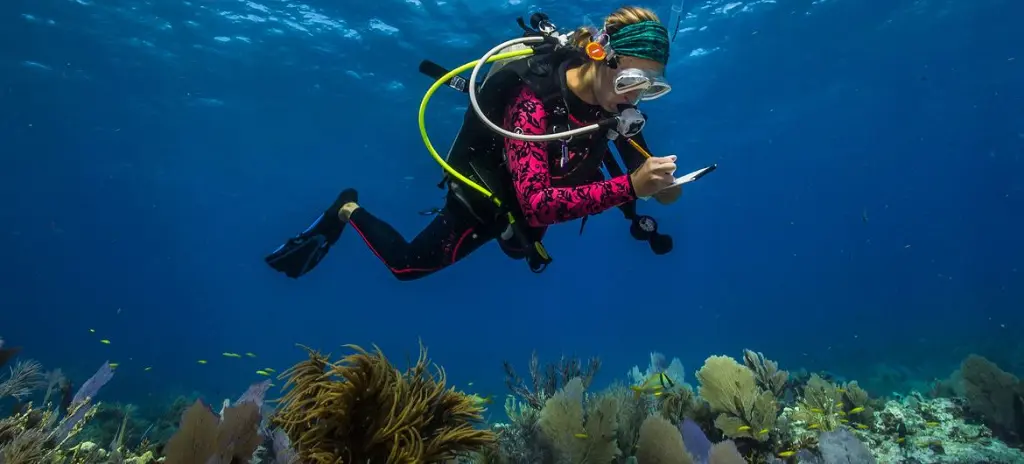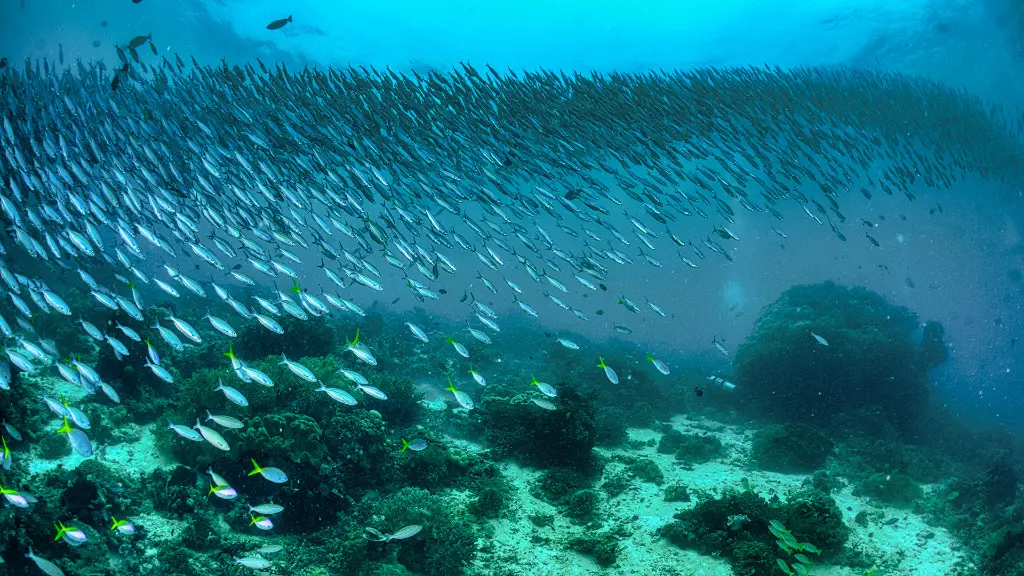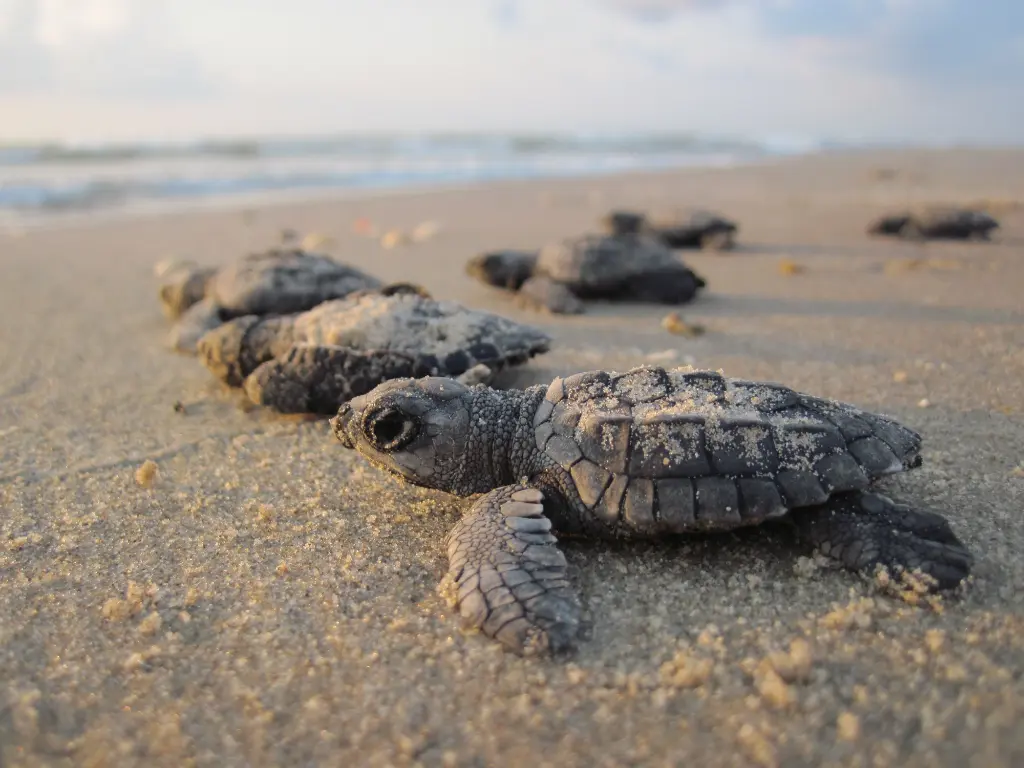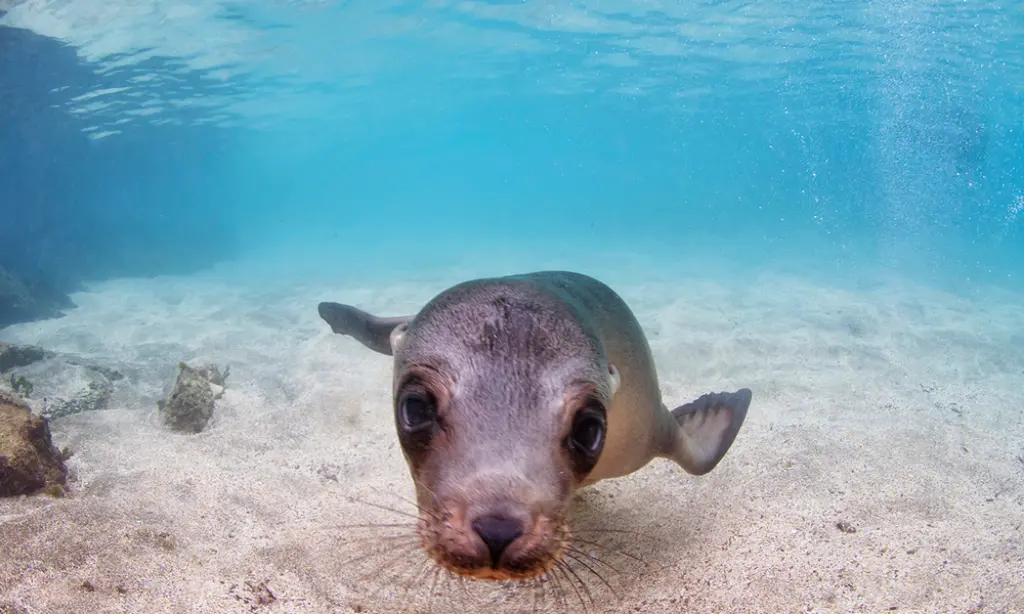Our oceans are vital. They provide us with food, regulate our climate, and support countless species. However, they face significant threats from pollution, overfishing, and climate change. This article explores what we can do to contribute towards clean oceans and thriving ecosystems.
Understanding the Challenges Facing Our Oceans
Before we dive into solutions, it’s crucial to understand the main problems affecting our oceans. These include pollution from plastics and chemicals, overfishing that depletes marine life, and the impacts of climate change like ocean acidification and rising sea temperatures.
Plastic Pollution: A Growing Threat
Plastic pollution is one of the most visible and widespread problems. Millions of tons of plastic enter our oceans every year, harming marine life and ecosystems. This plastic can entangle animals, be ingested by them, or break down into microplastics which contaminate the food chain.
Overfishing: Depleting Marine Life
Overfishing occurs when fish are caught faster than they can reproduce, leading to population declines and even the collapse of entire fisheries. This not only affects marine ecosystems but also the livelihoods of people who depend on fishing.
Climate Change: The Silent Killer
Climate change impacts the ocean in various ways. Rising sea temperatures cause coral bleaching, ocean acidification harms shell-forming creatures, and melting ice contributes to rising sea levels. These changes disrupt marine ecosystems and threaten coastal communities.
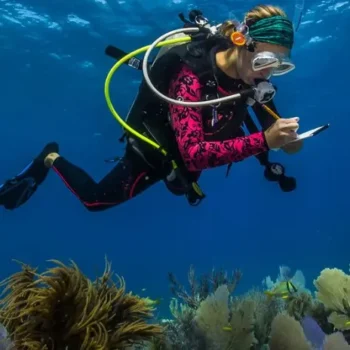 Empower Ocean Conservation: Make Waves Together!
Empower Ocean Conservation: Make Waves Together!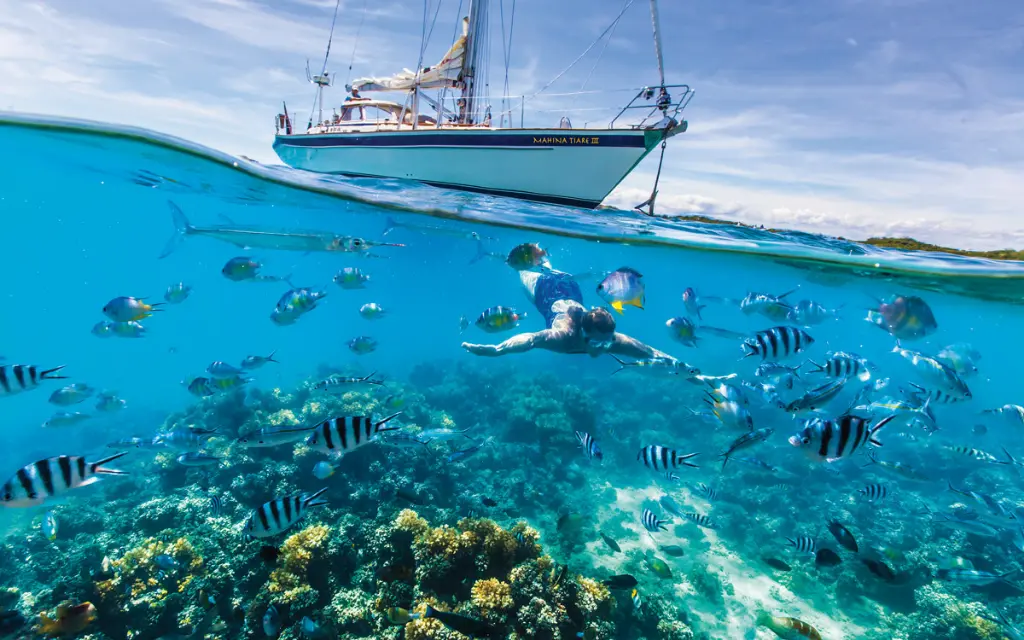
Simple Actions for a Cleaner Ocean: What You Can Do
You might think that ocean conservation is only for scientists and governments. But the truth is, everyone can play a part! Here are some simple actions you can take to make a difference.
Reduce Your Plastic Consumption
Reducing your plastic use is one of the most impactful things you can do. Here’s how:
- Use reusable shopping bags.
- Choose products with minimal packaging.
- Avoid single-use plastics like straws, bottles, and utensils.
- Recycle properly. Make sure you know what can and cannot be recycled in your local area.
- Buy products made from recycled materials.
Make Sustainable Seafood Choices
When choosing seafood, opt for sustainably sourced options. Look for certifications like the Marine Stewardship Council (MSC) label, or consult sustainable seafood guides to make informed decisions.
Reduce Your Carbon Footprint
Climate change is a major threat to our oceans. You can reduce your carbon footprint by:
- Using public transportation, biking, or walking instead of driving.
- Conserving energy at home by turning off lights and electronics when not in use.
- Eating less meat, especially beef, as animal agriculture has a significant environmental impact.
- Supporting renewable energy sources.
Participate in Beach Cleanups
Joining a beach cleanup is a great way to directly remove plastic and other debris from the marine environment. It’s also a good way to raise awareness about the problem of ocean pollution.
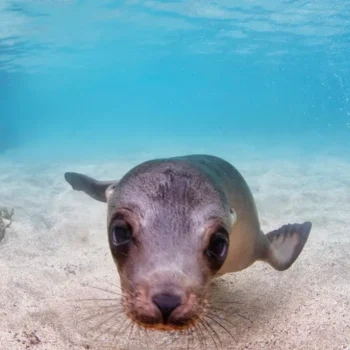 Protecting Our Marine Life: A Guide for Everyone
Protecting Our Marine Life: A Guide for EveryoneSupport Ocean Conservation Organizations
Many organizations are working tirelessly to protect our oceans. Consider donating to or volunteering with groups dedicated to marine conservation, research, and education.
The Importance of Thriving Ecosystems
It’s not enough to just clean up the oceans; we also need to focus on restoring and protecting marine ecosystems. Healthy ecosystems are more resilient to environmental stresses and provide numerous benefits, including:
- Providing habitat for marine life.
- Filtering water and removing pollutants.
- Protecting coastlines from erosion.
- Supporting fisheries and tourism.
Supporting Policies for Ocean Protection
Beyond individual actions, supporting policies that promote ocean protection is crucial. This includes advocating for stricter regulations on pollution, sustainable fisheries management, and climate change mitigation. Contact your elected officials and let them know you support policies that protect our oceans.
Conclusion: Every Effort Counts
Protecting our oceans and ensuring thriving ecosystems is a complex challenge, but one that we can overcome by working together. By taking small, consistent actions in our daily lives and supporting broader efforts, we can all contribute to a healthier future for our oceans and the planet. Remember, working towards clean oceans and thriving ecosystems is a shared responsibility, and every effort, no matter how small, makes a difference.
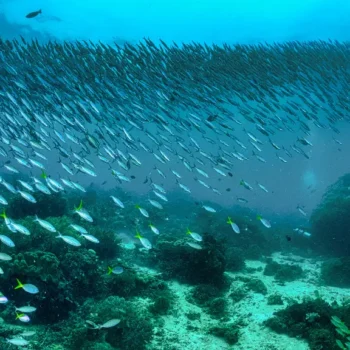 Innovative Solutions for a Sustainable Ocean Future
Innovative Solutions for a Sustainable Ocean Future
